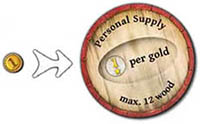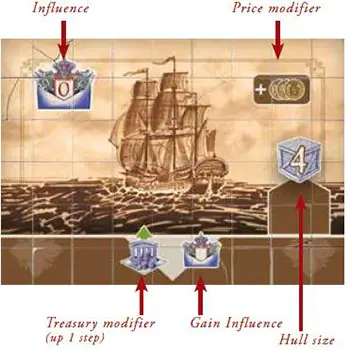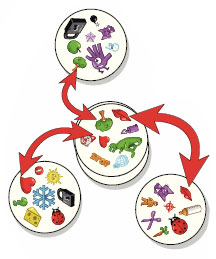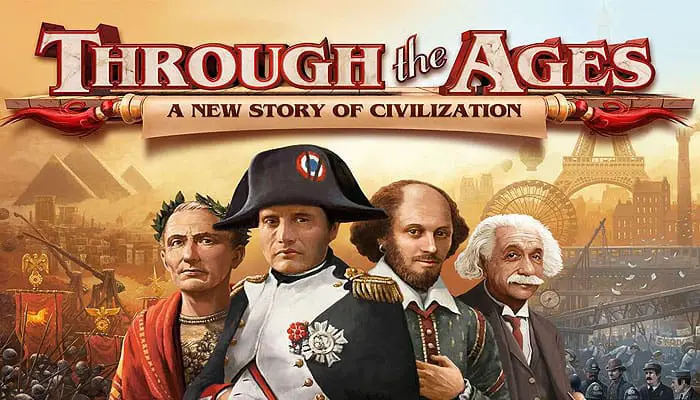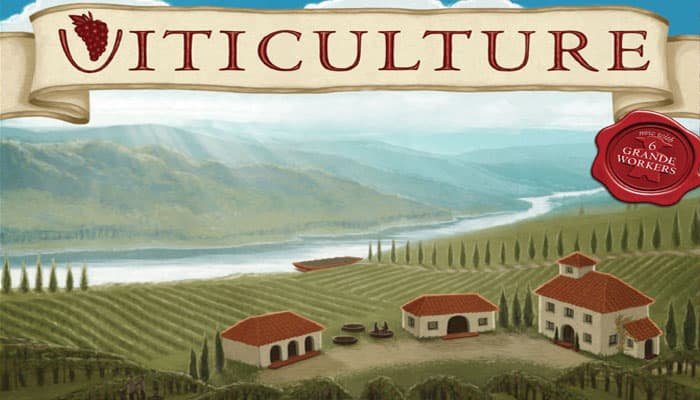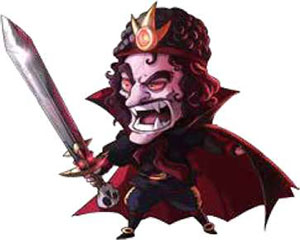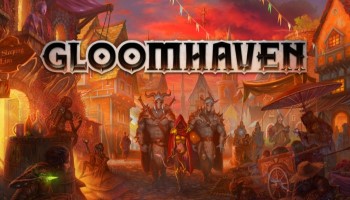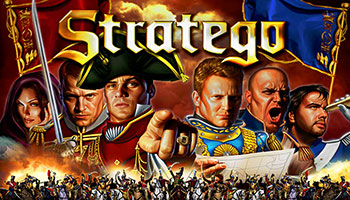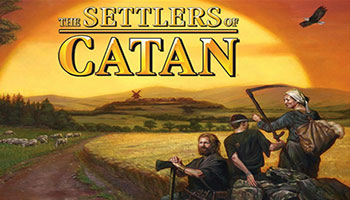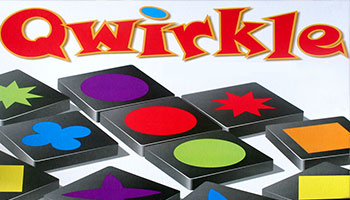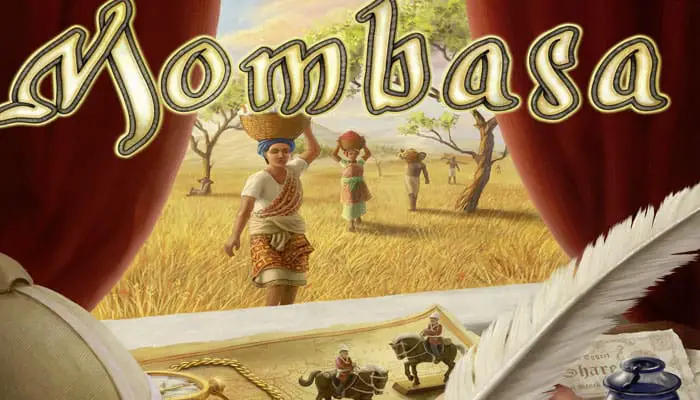
In Mombasa, players acquire shares of chartered companies based in Mombasa, Cape Town, Saint-Louis and Cairo and spread their trading posts throughout the African continent in order to earn the most money.
Chartered companies were associations formed for the purpose of exploration, trade and colonization, which links them inextricably to a very dark chapter in human history: global colonialism. This period lasted roughly from the 15th century to the middle of the 20th century and is associated with exploitation and slavery. …



